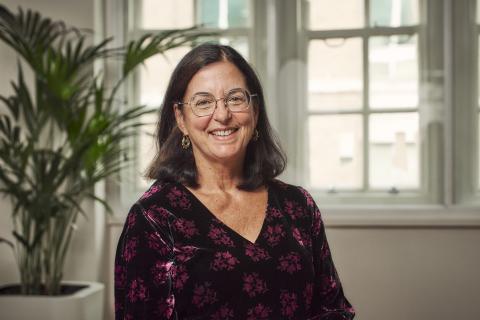Francois Godard was quoted in Videoweek on "Unpacking DAZN’s Shaky Start" to the Italian Football Season"
20 September 2022A few months later, TIM underwent a change of management and “realised they had a very high debt,” explains François Godard, Senior Media and Telecoms Analyst at Enders Analysis. They renegotiated the DAZN deal, reduced their payments and relinquished exclusivity, meaning the sports streamer is again available on the Sky STB.
“The commercial conditions for consumers are not very generous,” notes Godard. DAZN is not bundled in a sports package for Sky customers – in fact DAZN subscribers wishing to watch on Sky’s satellite feed have to pay an extra €5 per month on top of their monthly fee. “If you want the satellite feed, because you want the better picture quality, you have to pay more."

